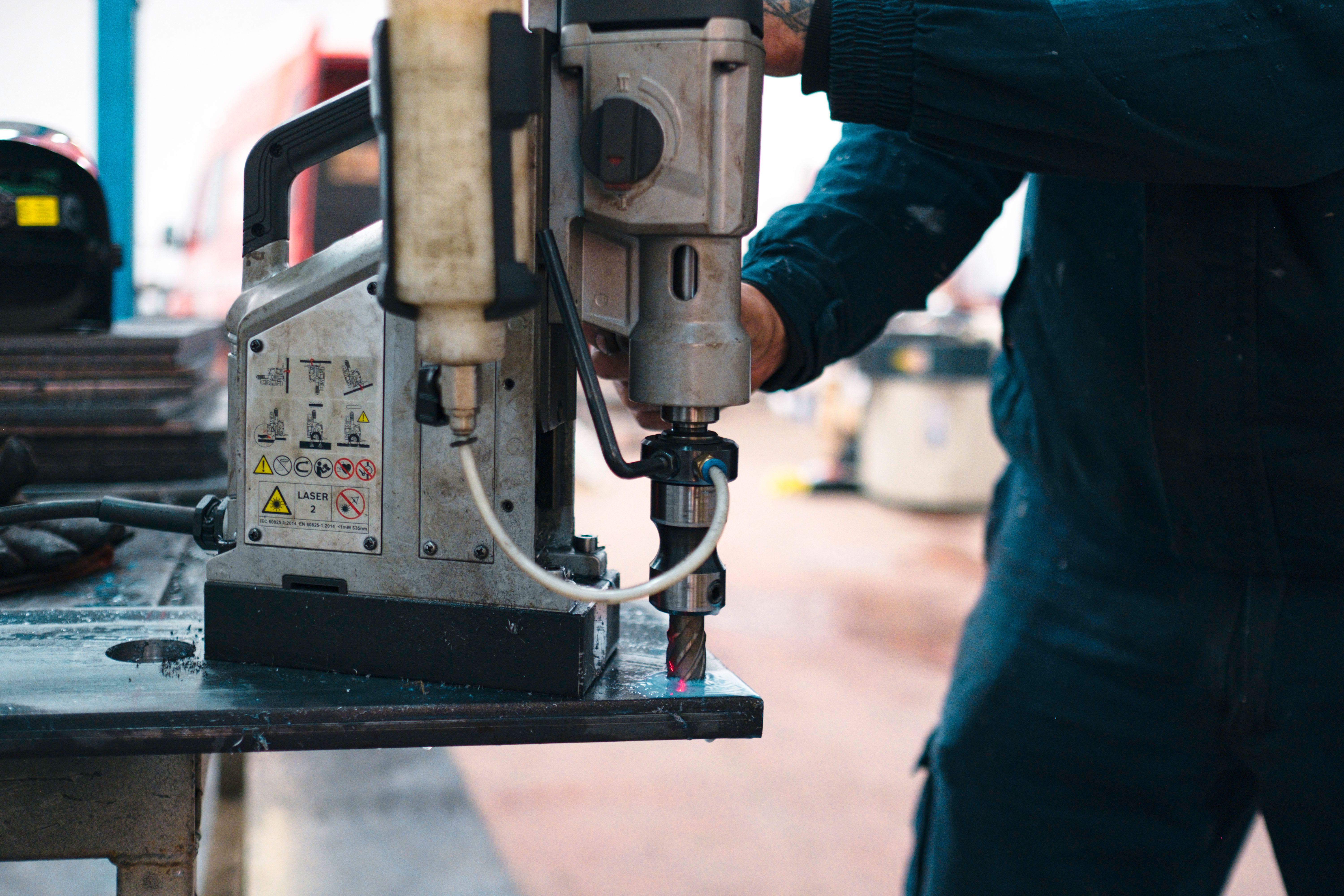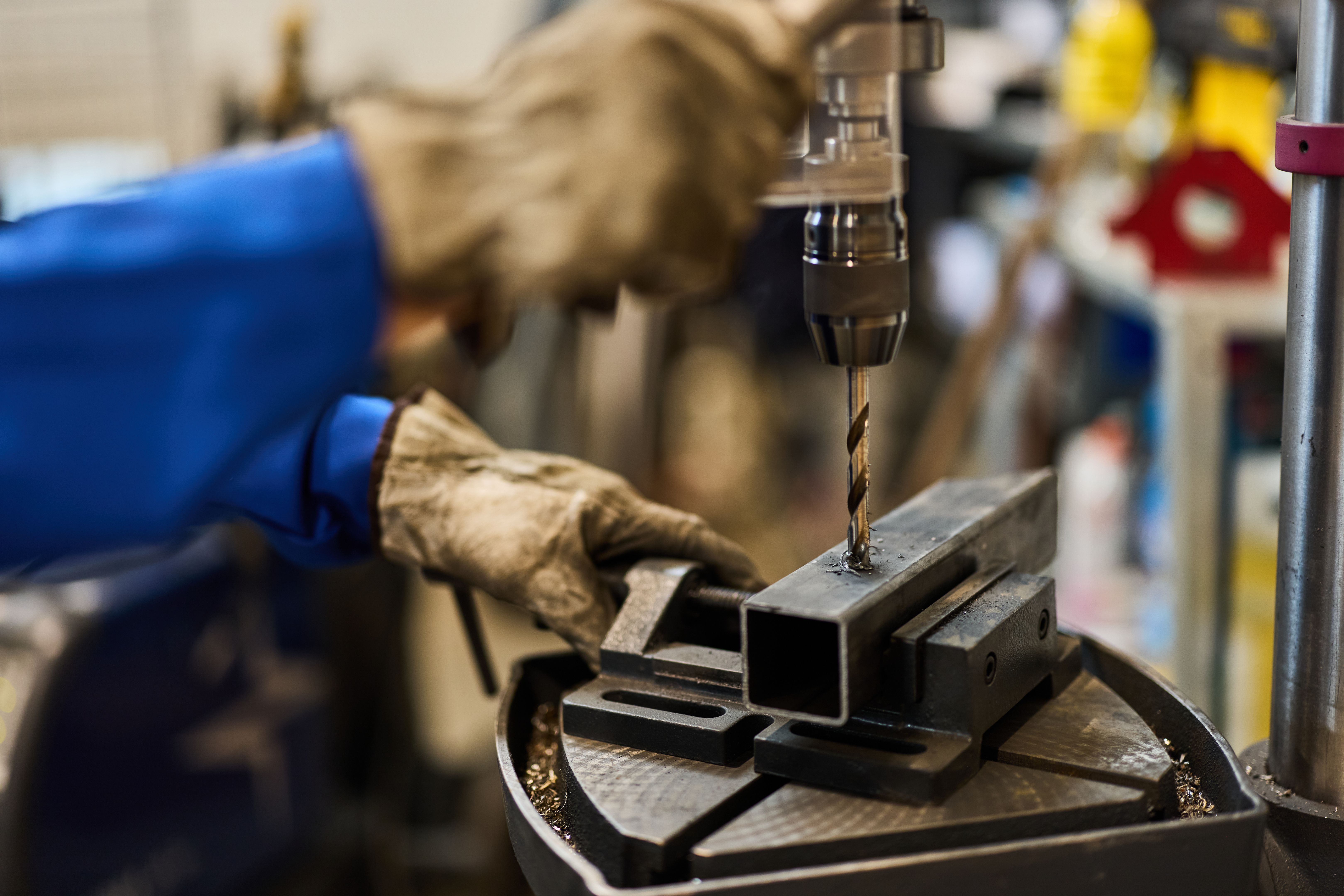Choosing the Right Magnetic Drill for Your Project
RR
Understanding Magnetic Drills
Magnetic drills are essential tools for precision drilling in metalworking, construction, and industrial applications. Their unique design allows them to cling to ferrous surfaces, providing stability and accuracy during operation. When choosing a magnetic drill, it is crucial to understand the different types available and what each offers for your specific project needs.

Types of Magnetic Drills
There are several types of magnetic drills, each suited for different applications. The most common types include:
- Lightweight Magnetic Drills: Ideal for overhead or vertical drilling where maneuverability is key.
- Heavy-Duty Magnetic Drills: Designed for larger and deeper holes, often used in industrial settings.
- Portable Magnetic Drills: Provide flexibility for on-site jobs where mobility is a necessity.
Considerations for Selecting a Magnetic Drill
When choosing a magnetic drill, several factors should be considered to ensure it meets the demands of your project:
- Drill Capacity: Consider the maximum hole diameter and depth the drill can handle.
- Magnetic Strength: Ensure the magnet is strong enough to hold the drill securely on the surface.
- Motor Power: A powerful motor can handle tougher materials and prolonged use.

Features to Look For
Modern magnetic drills come with various features that enhance their functionality and ease of use. Some features to look out for include:
- Variable Speed Control: Allows for precise drilling in different materials.
- Swivel Base: Offers flexibility in positioning without repositioning the magnet.
- Cordless Options: Provide mobility without being tethered to a power source.
Safety Considerations
Safety is paramount when using any power tool. With magnetic drills, ensure that you adhere to safety guidelines such as wearing protective gear and ensuring the drill is correctly secured before operation. Regular maintenance checks help in identifying wear and tear that might affect performance or safety.

Application-Specific Needs
Different projects may require specific capabilities from a magnetic drill. For example, construction projects might demand robust magnetic force and larger drill sizes, while metal fabricators may prioritize precision and variable speed controls. Understanding your project's specific needs will guide you in selecting the most suitable drill.
Maintenance and Care
Proper maintenance of your magnetic drill ensures longevity and optimal performance. Regularly check the drill bit sharpness, clean the magnet surface, and inspect the electrical components for any signs of wear. A well-maintained drill not only lasts longer but also performs more efficiently.
In conclusion, choosing the right magnetic drill involves understanding the types available, evaluating your project needs, and prioritizing essential features. By considering safety and maintenance as integral parts of your decision-making process, you can select a tool that will serve you well across various applications.